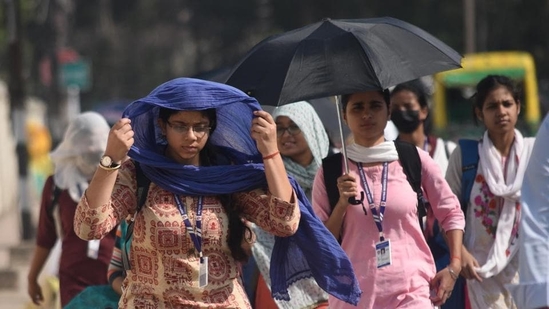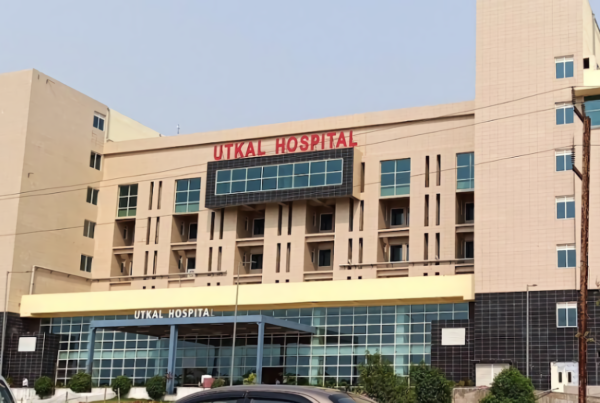The Ministry of Health has issued an urgent call for state governments to enhance their action plans in combating the rising threat of heat-related illnesses as the nation braces for a prolonged period of high temperatures. As heatwaves become more frequent and intense, the ministry stressed the need for immediate measures to protect vulnerable populations from the adverse effects of extreme heat.
In a statement released on Tuesday, the Ministry of Health warned that the increase in global temperatures due to climate change is contributing to a surge in heat-related health problems, including heatstroke, dehydration, and heat exhaustion. These conditions can lead to serious complications, particularly for the elderly, children, and people with underlying health conditions.
The Ministry has highlighted the importance of preventive measures such as increasing public awareness about the dangers of extreme heat, ensuring the availability of drinking water in public spaces, and expanding cooling centers for those without access to air conditioning. Additionally, states are encouraged to implement early warning systems and monitor the health impacts of heat waves more closely to ensure timely intervention.
“Heatwaves are no longer a seasonal anomaly; they are a growing health crisis that requires immediate and coordinated efforts from both state and national health agencies,” said Dr. Arvind Kapoor, a senior health official. “By strengthening local action plans, we can save lives and reduce the strain on our healthcare system.”
Several states have already taken steps to mitigate the effects of extreme heat, including distributing cooling supplies, deploying mobile health teams, and organizing community outreach programs. However, the Ministry emphasized that more comprehensive and long-term strategies must be put in place to manage the increasing risk posed by climate change.
The health ministry also urged state governments to collaborate with local meteorological departments to improve heat forecasting and develop targeted responses for high-risk areas. It also stressed the importance of training healthcare professionals to quickly identify and treat heat-related illnesses.
With the summer months fast approaching, experts are calling on citizens to stay vigilant by adhering to heat safety guidelines, including avoiding outdoor activities during peak heat hours, wearing lightweight and breathable clothing, and drinking plenty of fluids.
In the face of rising global temperatures, the Health Ministry’s call to action is a reminder of the urgent need to prioritize public health in an era of climate change.



